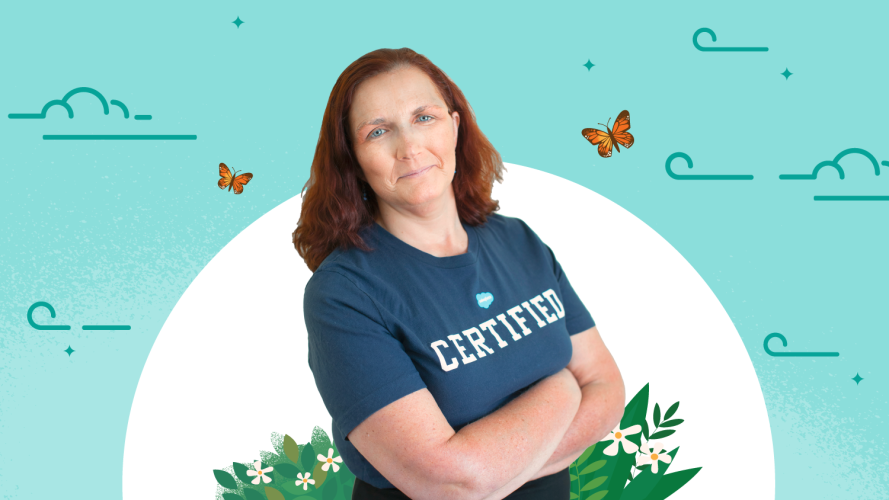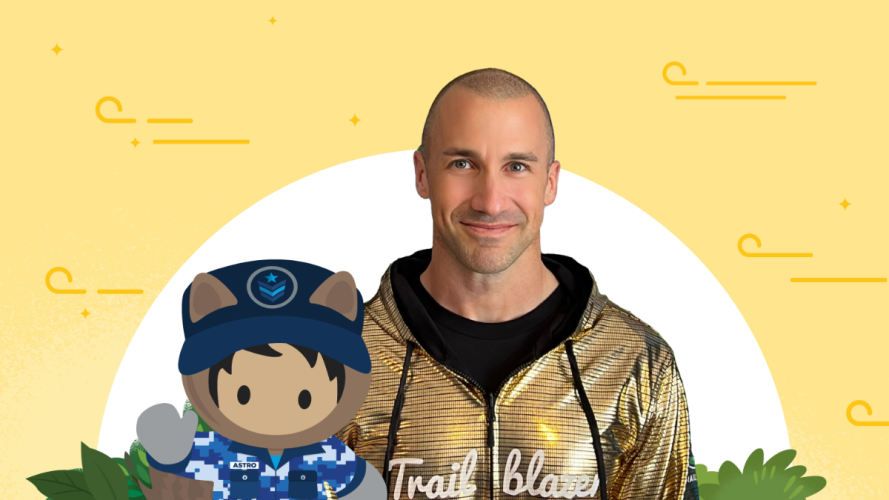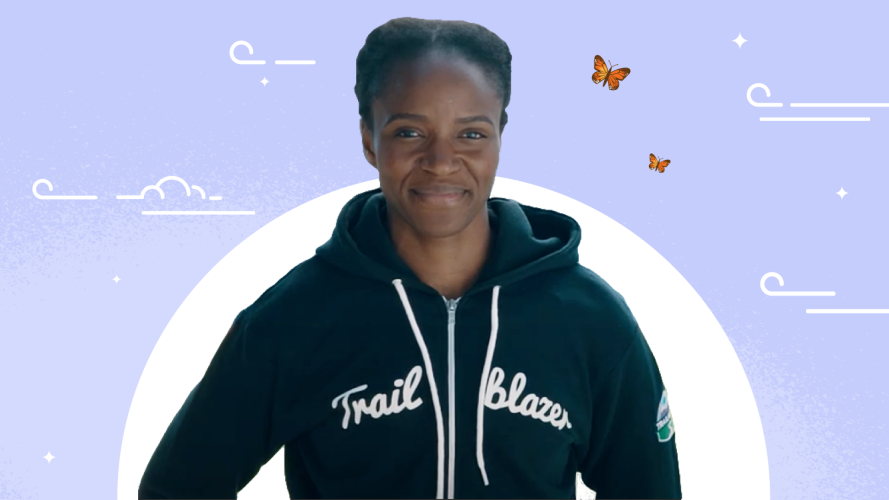5 Ways to Ensure Sales Operations Career Success



Sales ops vet Shuang Stoppe built a successful career by focusing on her learning and development while also staying deeply connected to the work of her teams.

Shuang Stoppe
My sales operations career started almost two decades ago when I took a chance on a flight to Boston out of Singapore to work at the U.S.-based headquarters for my company. Little did I know that flight was the beginning of a journey where I would develop my passion for bringing order to chaos through technology.
That journey, however, wasn’t always easy. It required a lot of personal effort and self-discovery—alongside constant learning.
Here are some of the lessons I learned along the way and best practices for creating a sales ops career you can be proud of.
How are sales ops teams driving efficiency today?
Get the Trends in Sales Ops Report to discover the latest sales operations insights from 7,700 respondents.



Build the skills for your ideal role—not just the one you’re in
Nobody’s born knowing how to hit quota or, in the case of sales ops, build an enablement program from the ground up. That’s why, at every stage of your career, you need to perfect skills that will help you advance.
To start with, I recommend taking time to figure out what your “ideal” job looks like. Do you want to lead a team? Or would you rather focus on day-to-day operations—maintaining technology, building training programs, and fine-tuning processes? Once you have a target job in mind, you can research the required skills for the position online.
When you know what skills you need (and which ones you lack), it’s time to start learning. For years now, I’ve leaned into Trailhead, Salesforce’s free online learning platform, to help me level up. I also suggest tapping into community groups like Salesblazers where you can ask questions, get resource recommendations, and build your network. Sales ops professionals tend to be very active here and are more than willing to give you advice.
If you’re looking for credentials, consider getting a sales certification. The right ones will not only help you hone skill sets critical to your work—like how to use the latest CRM—but also make you more attractive to companies where you want to work in the future.
Look for company-sponsored professional development
In the early days of my career, I spent a lot of my weekend off-hours learning how to use Sales Cloud—but you shouldn’t have to. When you start to look for a new job, search for companies with clearly stated development policies in place, such as: “All employees can dedicate four hours per week to professional growth.” If this isn’t included in the job description, be sure to ask about it during interviews. If your current company doesn’t have such a policy and you aren’t interested in moving on, I recommend beginning that conversation with your HR department.
Look for opportunities to advance internally
Another thing to consider as you apply for jobs is growth potential. Before I took my first VP role, I only had experience working on existing sales ops teams. When the VP position opened up, I jumped on it because it required building and managing a team. It helped that the company gave me a lot of latitude. I could build whatever I thought would help the sales team hit targets and sell efficiently.
During your job hunt—at whatever stage of your sales career—look for companies that have created new teams and departments to meet business needs. Ask about this growth during your interview process so you can understand how open they are to innovation: How did it happen and whom did they tap to lead the process? What were the guidelines? Knowing this information will tell you a lot about the company’s willingness to innovate and how much they trust their talent to lead the way.
Understand the ins and outs of your team’s work
As you move into leadership roles, take the time to familiarize yourself with the day-to-day duties of your team. When you know the ups and downs of daily work firsthand, you can quickly identify what isn’t working and fix it. Also, it offers baked-in accountability. No one on your team can bluff and say, “Well, this is going to take two weeks.” You know better.
Most importantly, perhaps, this allows you to learn the language of your team members, making communication easier and management more effective.
My recommendation is to take the same training you ask your team to take. That’s part of why I got my Salesforce Administrator Certification, even though I felt like I already knew plenty about the platform.
Also, make a point to shadow your team from time to time. Not to review/provide feedback, but to understand what a day in the life of your team looks like. Knowing this will help you find process gaps or hurdles that can be addressed, or identify opportunities to make selling more efficient.
Advocate for yourself
At the end of the day, you are your biggest champion. Know your value and communicate that regularly to those who can help you move up. Don’t be shy about showcasing your wins, and be ready to provide data points/proof to underscore your impact. The more that decision-makers know about what you can do—and what you’ve already accomplished—the easier it will be for them to advocate for you when opportunities open up.
Map a success path for your sales operations career
It’s funny to think back to the first time I started using Salesforce as an early-stage sales ops professional. All I cared about was finding a solution that got me out of messy three-ring binders and created some kind of order.
Since then, I’ve become a Salesforce superuser, not only improving companies’ sales processes but also building a personal brand. I love helping teams make sense of data with tech (powered by AI and automation) in a way that manual work could never accomplish.
I’m grateful for my success, but it wasn’t an accident. I went from being a solutions engineer to running revenue ops by leaning into new opportunities, advocating for my own growth, and learning—constantly.
If a sales operations career is your dream, I recommend following a similar path.
Follow Shuang in the Trailblazer Community.



























